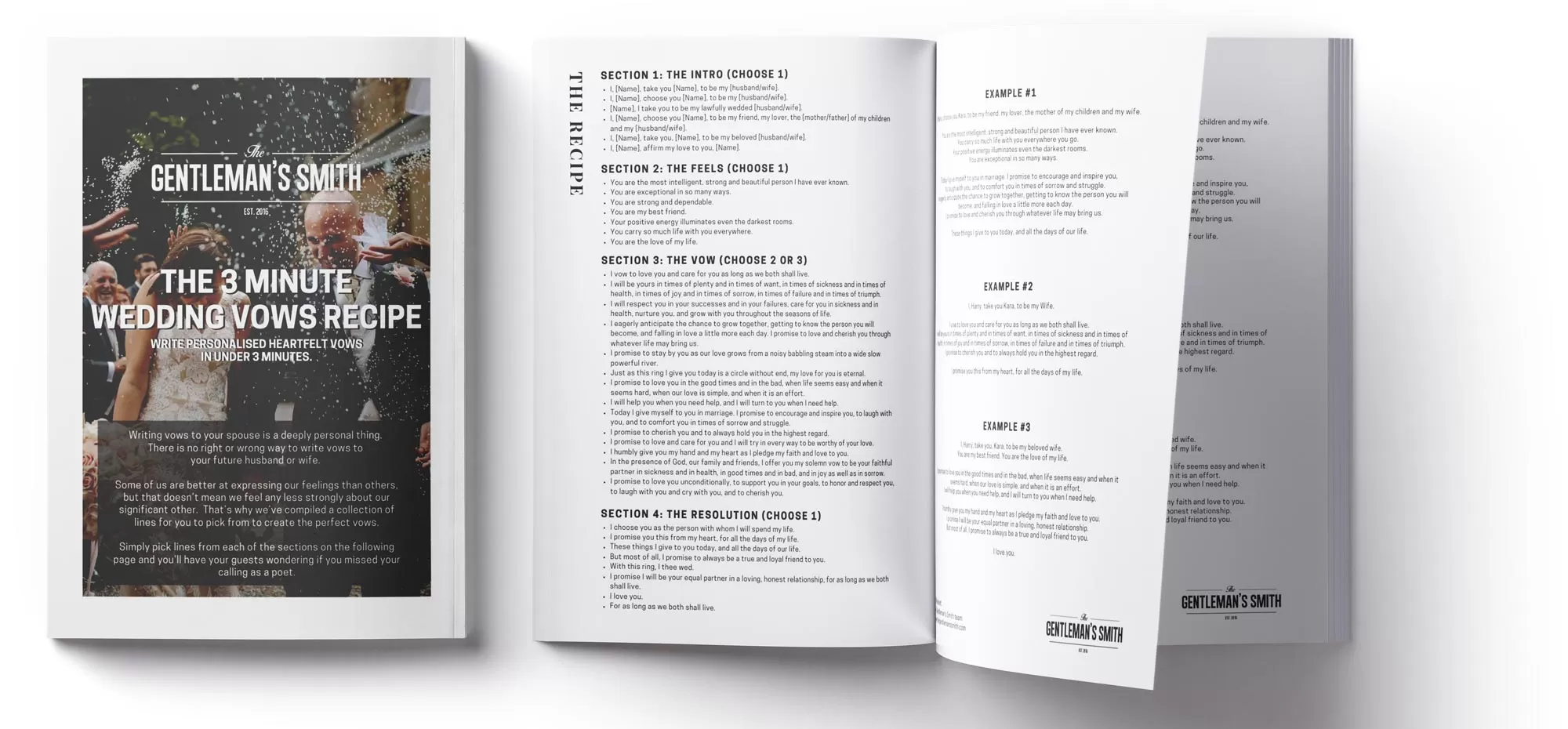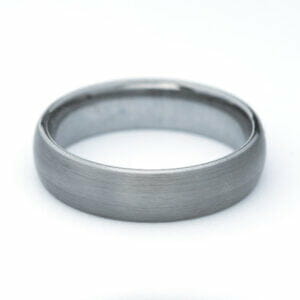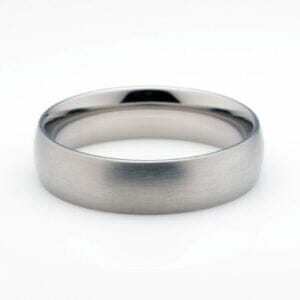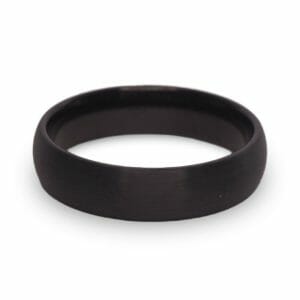Choosing the perfect wedding ring is a special moment in a man’s life. However, it is equally important to choose the right metal to avoid uncomfortable symptoms that come with metal allergies. In this guide, we will explore different types of metal allergies, the pros and cons of common metals used in men’s wedding rings, and how to avoid allergies when selecting the perfect wedding ring.
Types of Metal Allergies
Metal allergies are caused by immune system conditions that perceive certain types of metals as toxins. Symptoms of metal allergies include pain, rashes, swelling, blisters, itching, and even depression, fatigue, and arthritis. Nickel is the most common metal that causes allergic reactions, as it breaks down into a type of salt when exposed to water or sweat. Copper is often hypoallergenic, but it can be reinforced with a little nickel metal alloy, which can cause an allergic reaction. Lead can also cause terrible birth defects and strong reactions, even in the tiniest amounts.
Common Metals Used in Men’s Wedding Rings
When it comes to men’s wedding rings, there are a variety of metals to choose from. Yellow gold is often infused with other metals to create different types and tints of gold, but rose gold, which is a combination of copper and yellow gold, may contain nickel, which causes most allergic reactions. White gold often contains considerable amounts of nickel, making it beautiful but not hypoallergenic. Jewelers use karats to measure the purity of the metals of each jewelry piece, and many jewelry makers use platinum because it is hypoallergenic and one of the purest metals for designing jewelry.
For those on a budget, stainless steel and tungsten carbide are also hypoallergenic options. It is important to avoid plated jewelry, as the plating can wear off over time, exposing the metal underneath, often reinforced with nickel, which can lead to allergic reactions.
Avoiding Metal Allergies in Men’s Wedding Rings
When choosing a wedding ring, it is important to consider the metal type, warranty, price, lifestyle, and allergies. Platinum, titanium, and palladium are hypoallergenic metals that are safe for people with sensitive skin. However, they can be expensive. Stainless steel and tungsten carbide are also hypoallergenic and budget-friendly options.
It is important to remember that metal allergies can develop over time, so it is essential to keep an eye out for any symptoms and switch to a hypoallergenic metal if necessary.
Caring for Men’s Wedding Rings
After selecting the perfect wedding ring, it is important to care for it properly to maintain its beauty and longevity. Different metals require different care. Platinum, for example, is durable and easy to clean, while gold is softer and requires more gentle cleaning. It is important to avoid harsh chemicals when cleaning your wedding ring, as they can damage the metal.
Conclusion
Choosing the right metal for a men’s wedding ring can be a daunting task, but it is essential to consider metal allergies to avoid uncomfortable symptoms. By considering hypoallergenic metals, avoiding plated jewelry, and caring for your wedding ring properly, you can ensure that your wedding ring will be a source of joy and comfort for years to come. To add a personal touch, consider engraving your wedding ring with a special message or date. For more tips on men’s wedding rings, check out our other articles:
- Men’s Wedding Rings: The Role of Religion and Culture
- Unconventional Men’s Wedding Rings: Breaking the Mold
- Black Tungsten Men’s Wedding Rings
- What Should I Engrave on My Husband’s Ring?
- Titanium Men’s Wedding Rings
- Men’s Wedding Rings: A Guide to Choosing the Right Width and Thickness
- Can Men’s Wedding Rings Be Resized?
- What Type of Venue Should I Choose for My Wedding?
- Do Titanium Wedding Rings Scratch?







